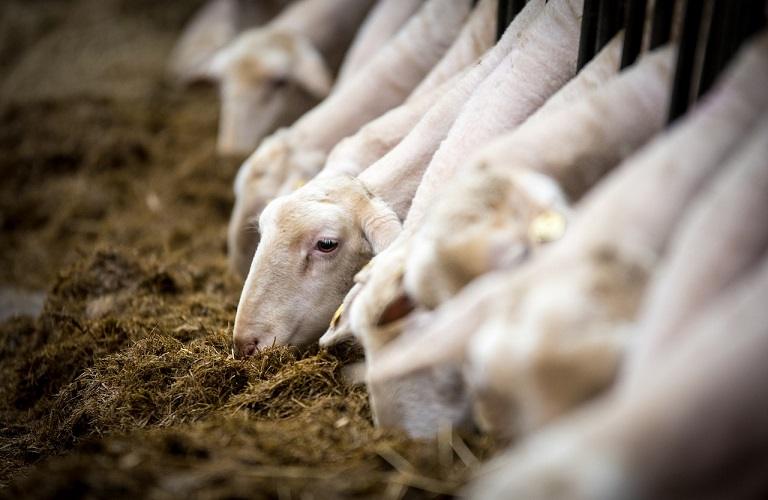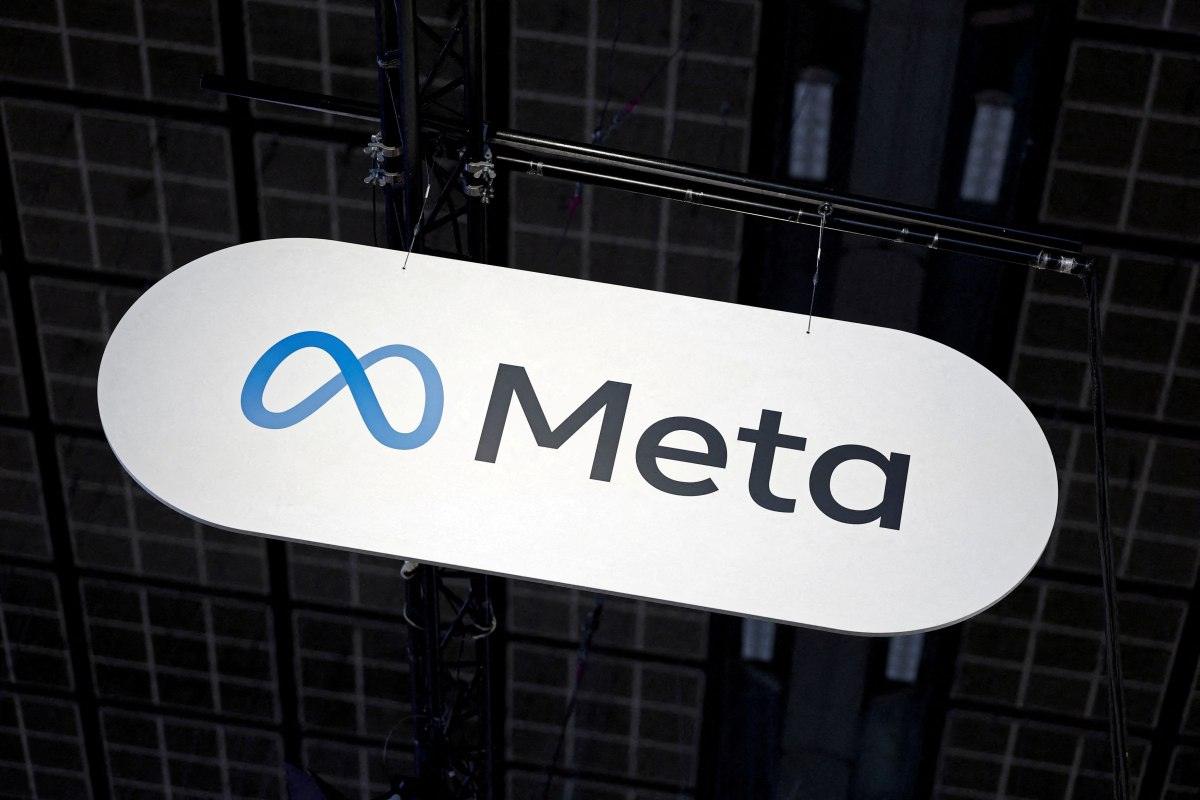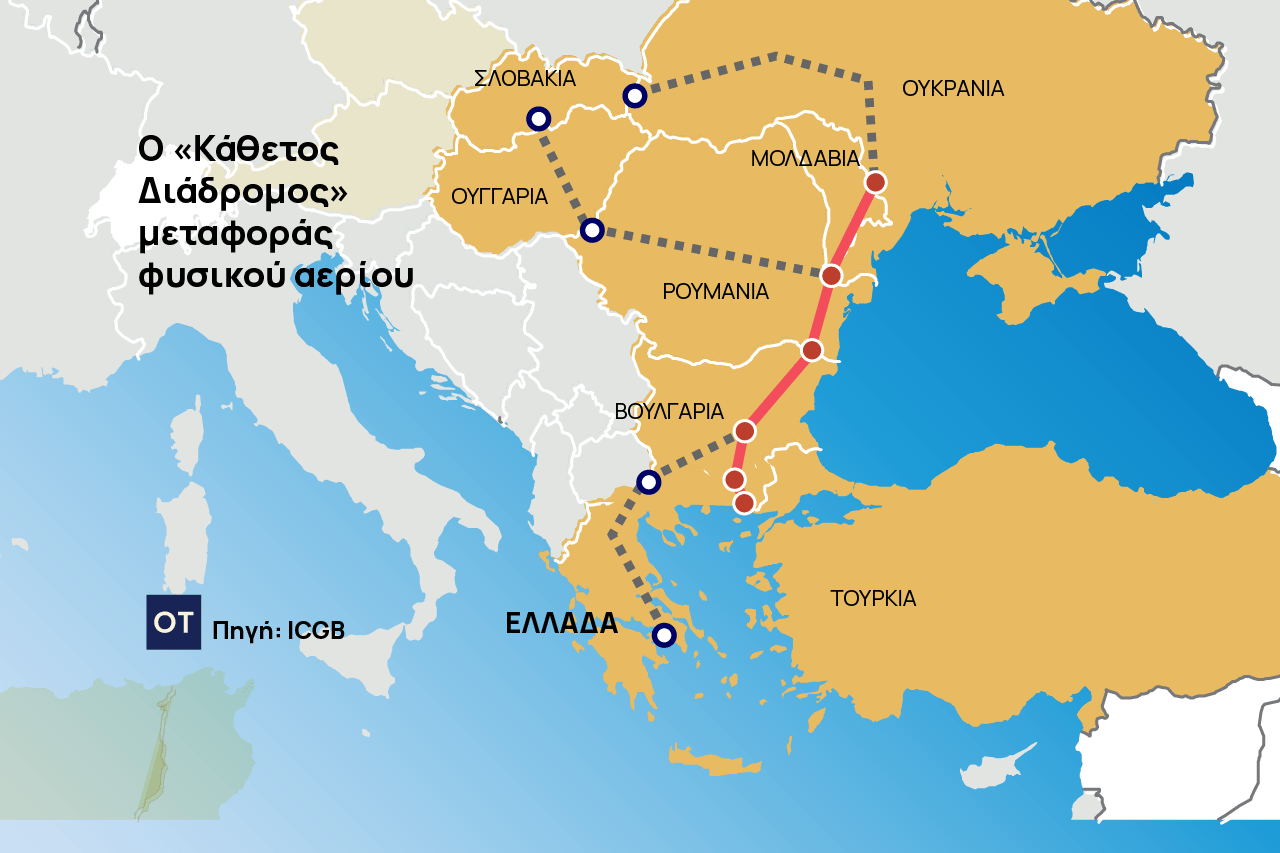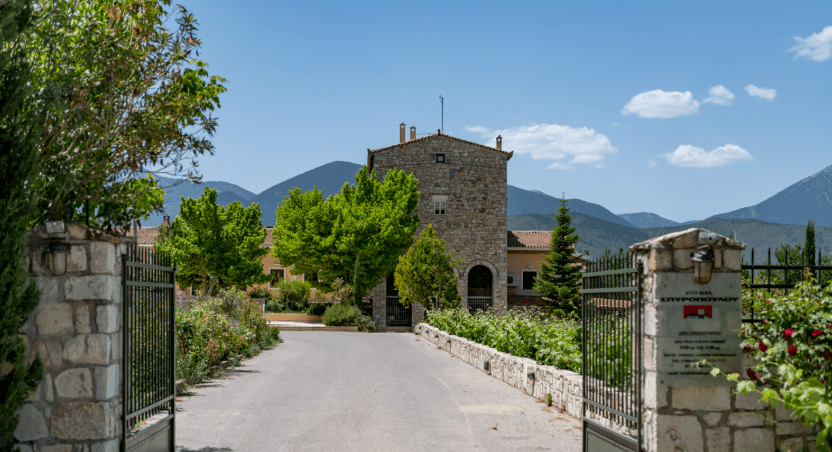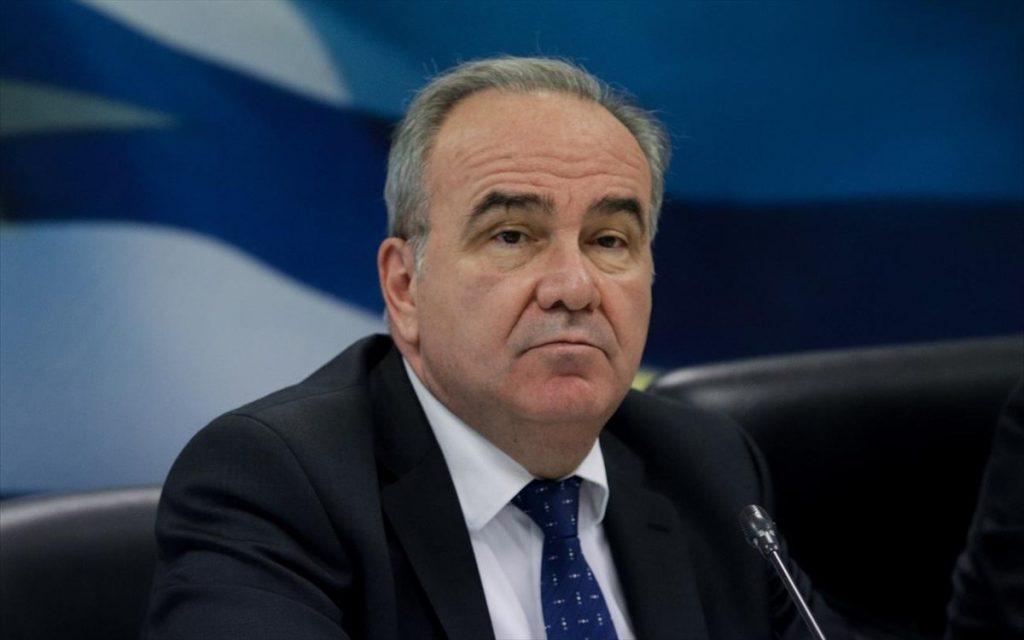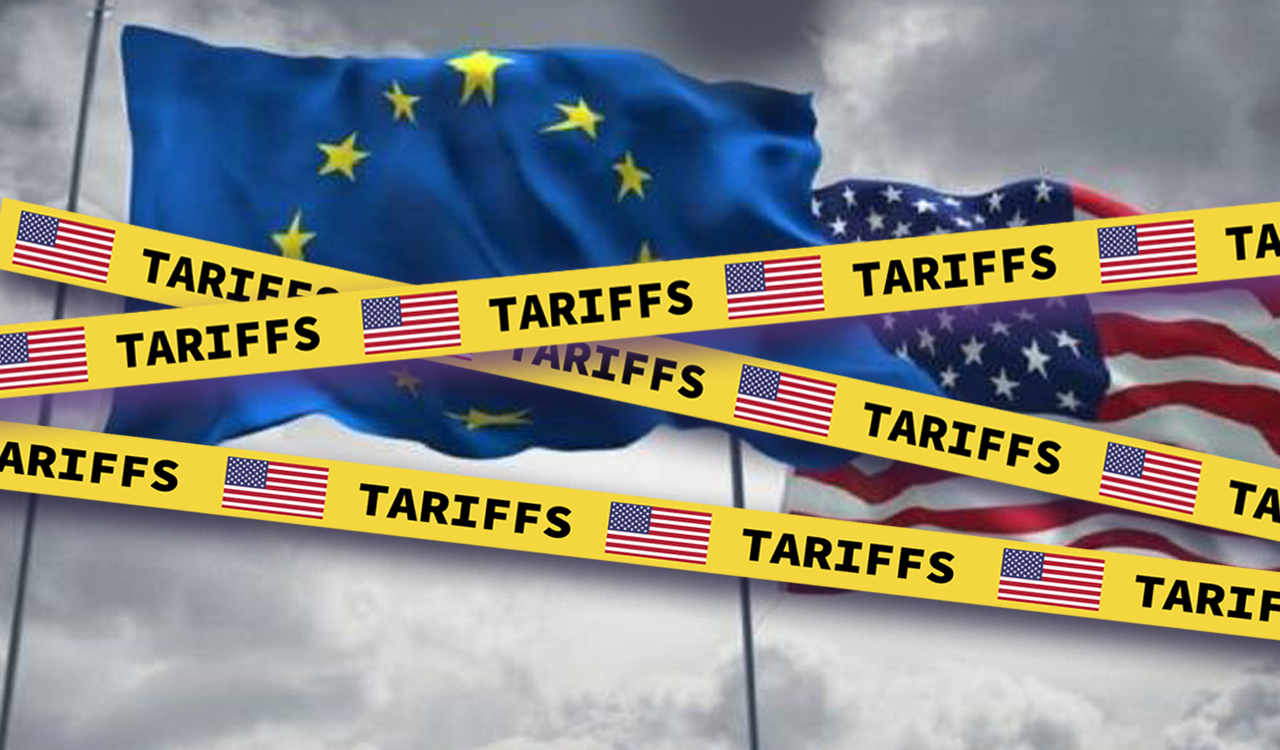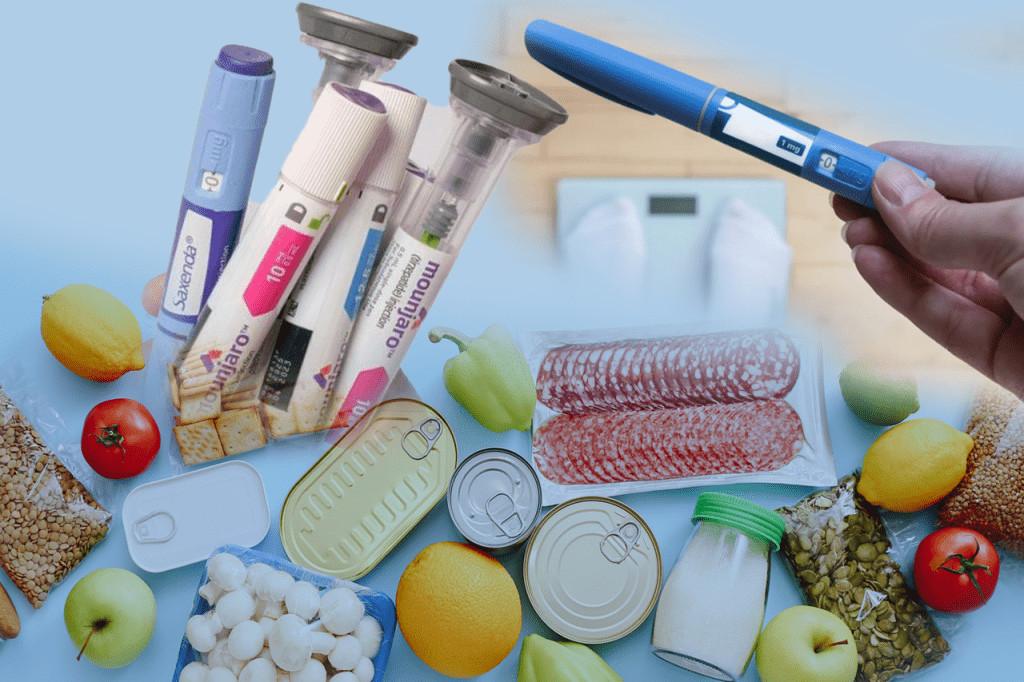Greece has announced a new set of 20 measures to strengthen its response to the ongoing outbreak of sheep and goat pox, a disease affecting small livestock and posing serious economic risks for farmers. The measures were presented on 20 November 2025 during a press briefing held by the Ministry of Rural Development and Food, alongside experts from the National Scientific Committee for the Management and Control of Pox, which was established in late October.
The briefing was led by Spiros Protopsaltis, Secretary-General of the ministry and coordinator of the committee, and Professor Charalambos Billinis, Rector of the University of Thessaly and president of the committee. Their goal was to provide clear and transparent information to livestock farmers, local authorities and the public about the state of the outbreak and the need for coordinated action.
According to the ministry, the new guidelines form a comprehensive “roadmap” for the next phase of disease management, complementing the institutional and financial tools already in place and the measures approved the previous week.
The 20 new interventions span six key areas.
- General measures include stricter penalties, maintaining all restrictions during the holiday season, reinforcement of veterinary staff, accreditation of additional laboratories, a ban on hunting with mandatory disinfection, and random checks even in unaffected areas.
- Movement-control measures focus on preventing the spread of the disease through transport. They include bans on unannounced vehicle entry, mandatory disinfection of farms and vehicles, strict entry-exit logs, 24-hour disinfection stations, and supervision over the movement of livestock feed.
- At the farm level, only authorised veterinarians will be allowed to monitor flocks, farmers will be required to undergo formal training, and a certificate of commercial suitability will become mandatory for moving animals and related products.
- At the regional level, authorities will establish isolation and quarantine stations and ensure rapid culling and burial of infected animals under strict hygiene rules.
- Measures for dairy facilities include appointing responsible veterinarians, regular reporting, and enforcement of biosecurity protocols across the supply chain.
- Finally, financial support will be provided to farmers through immediate compensation with a 50% advance payment, six-month renewable support, and special allowances in areas where grazing is temporarily banned.
Professor Billinis stressed that the package is designed based on international experience and current epidemiological data. He emphasized that enhanced biosecurity and cooperation will be vital to limiting the spread of the disease while protecting both livestock and farmers’ livelihoods.
Source: tovima.com
